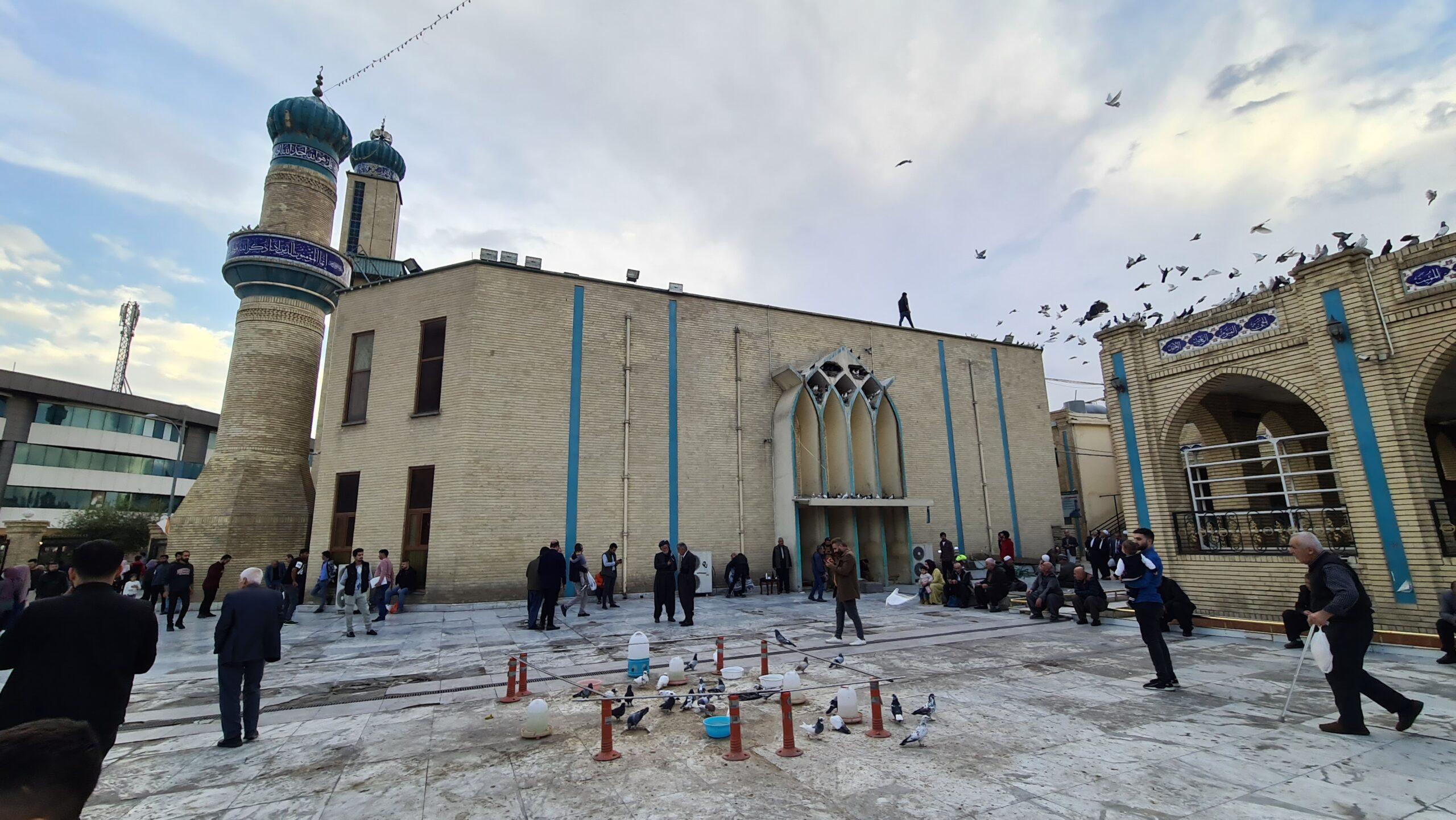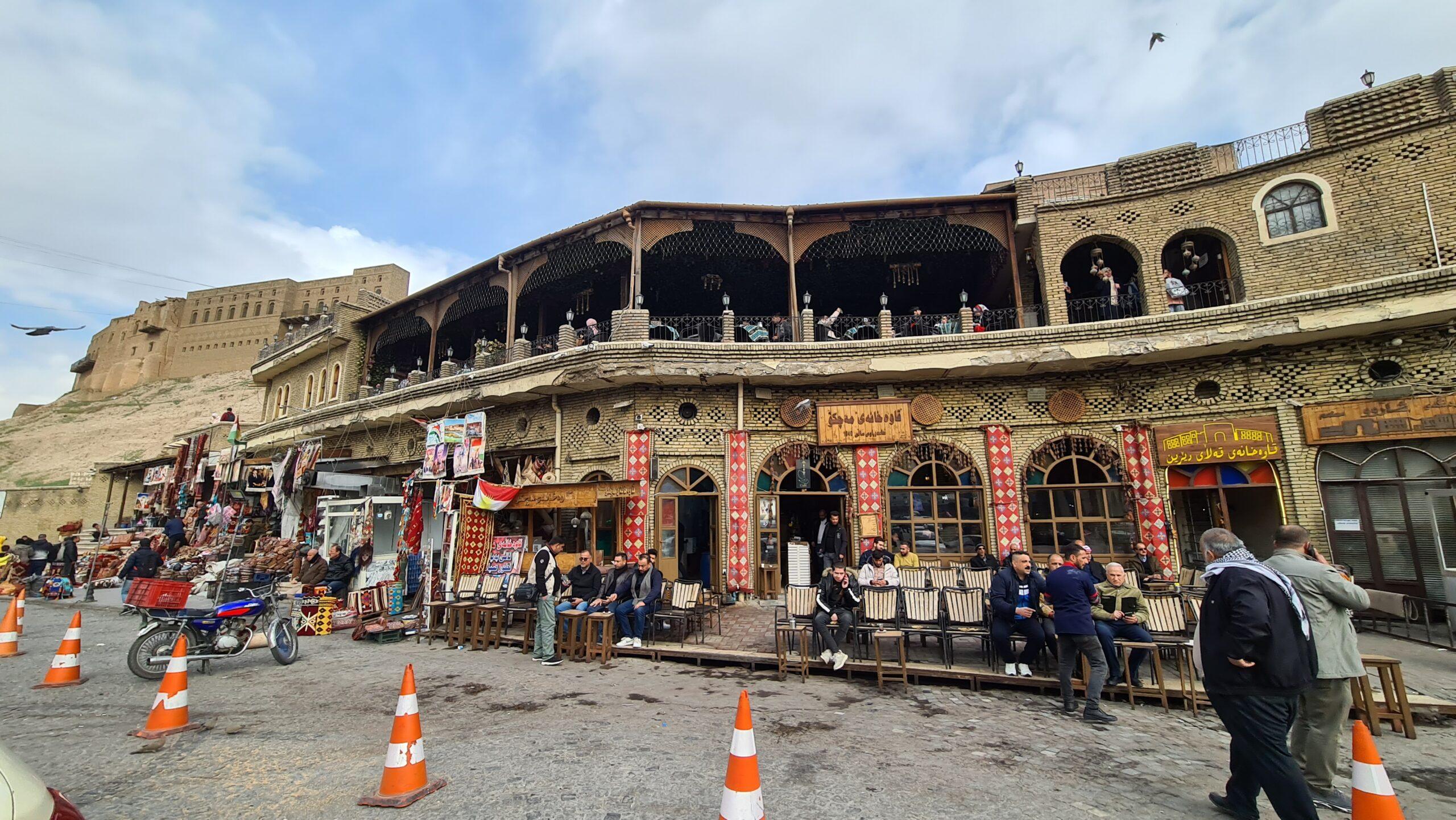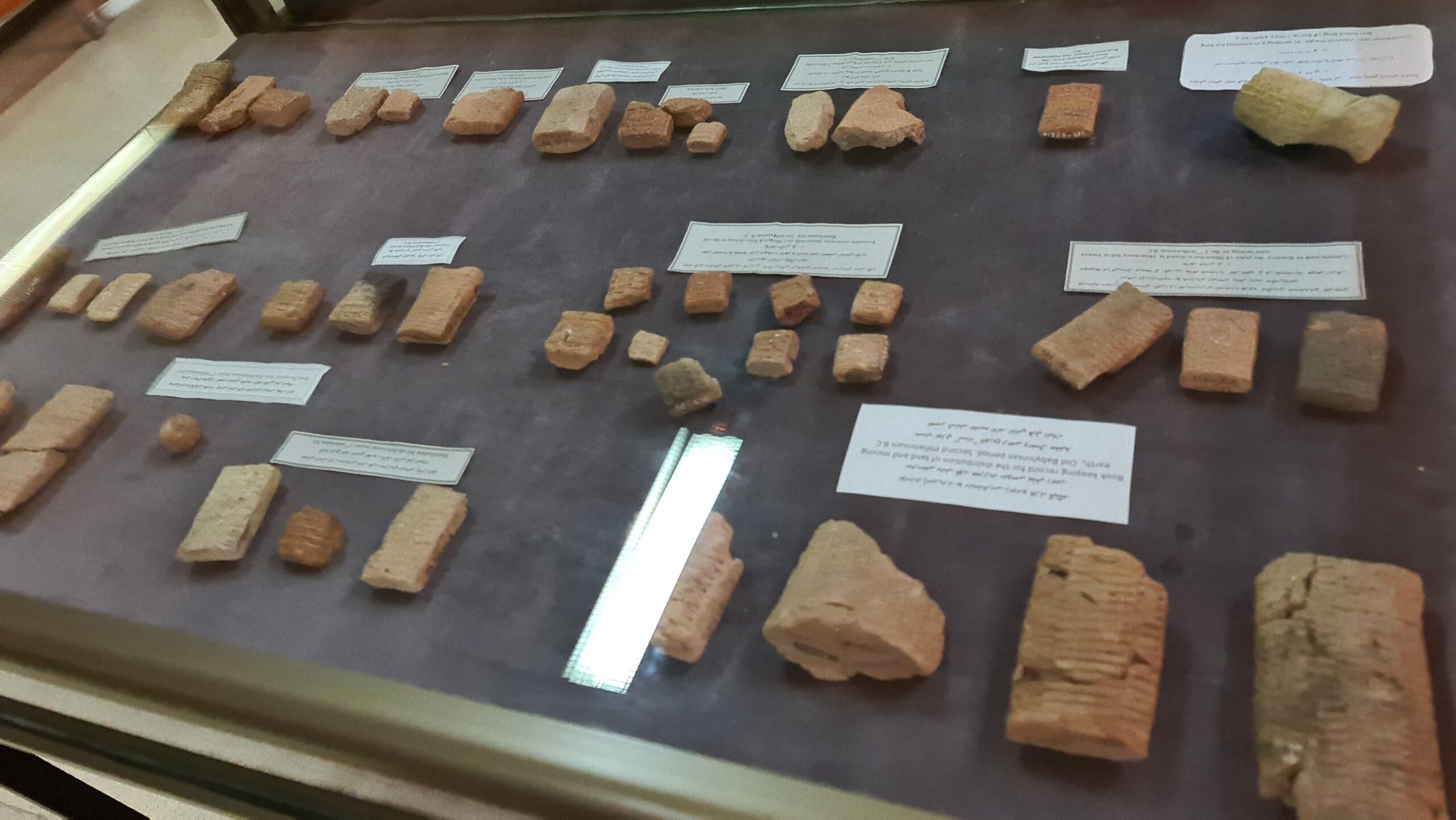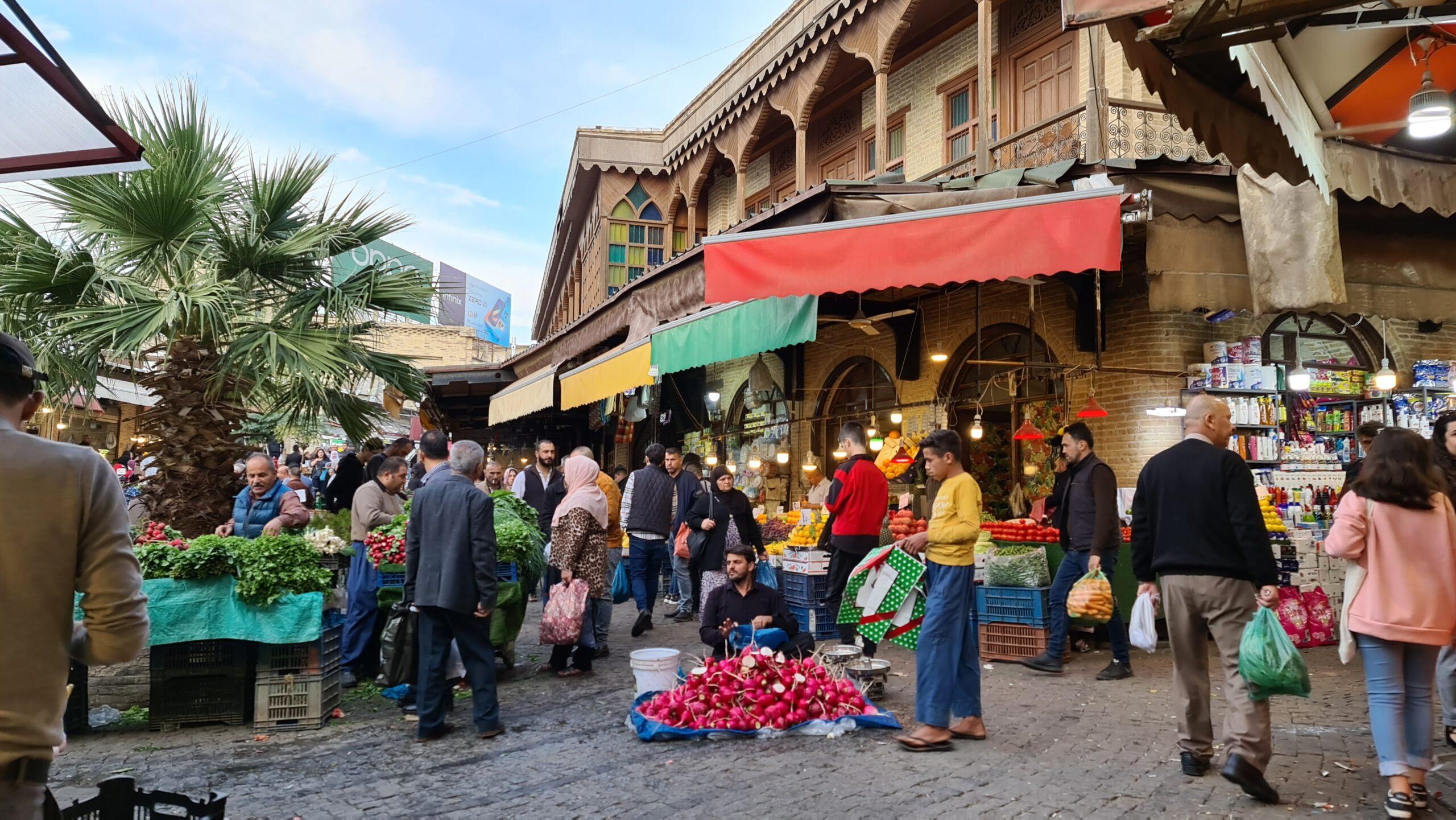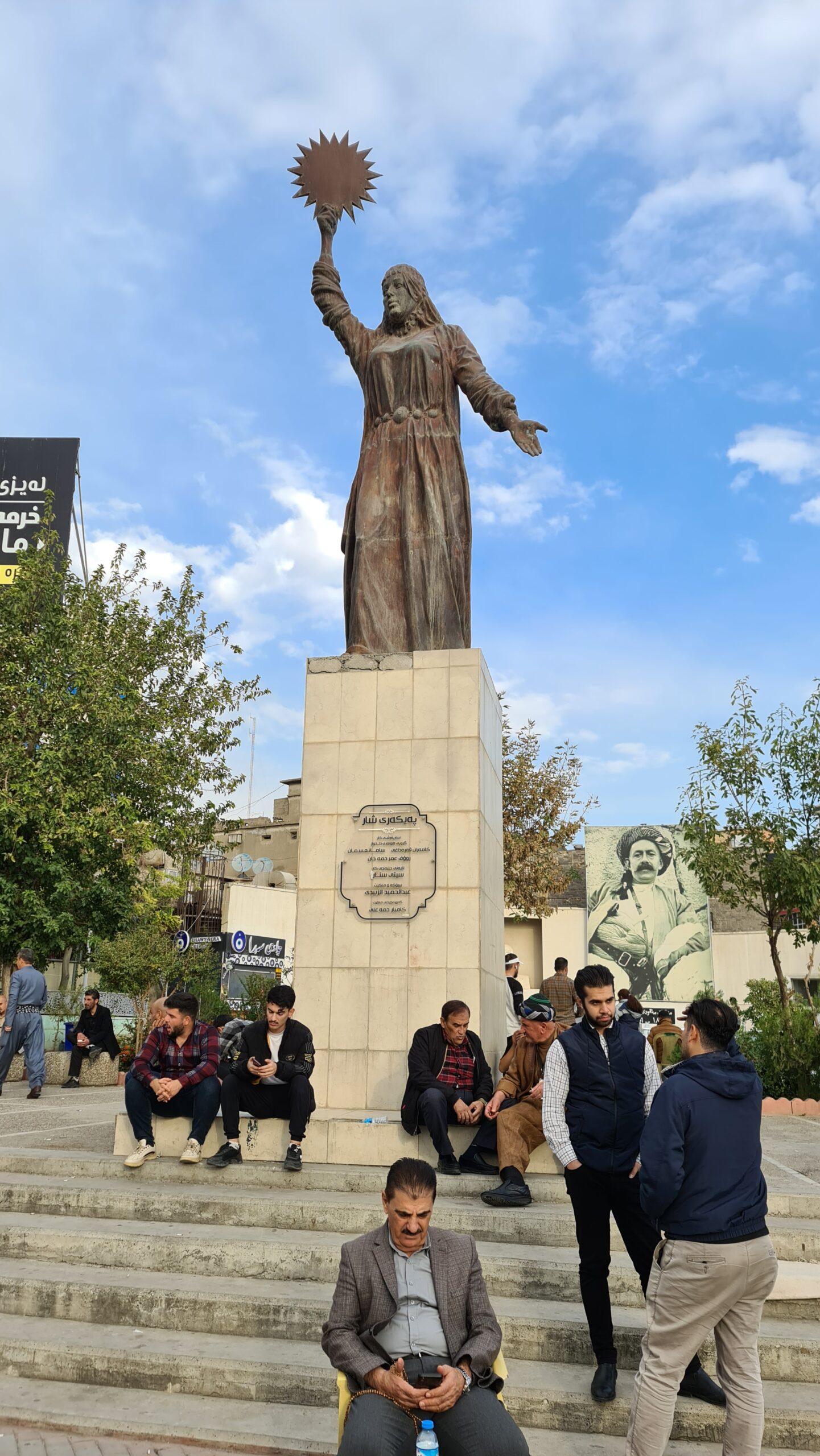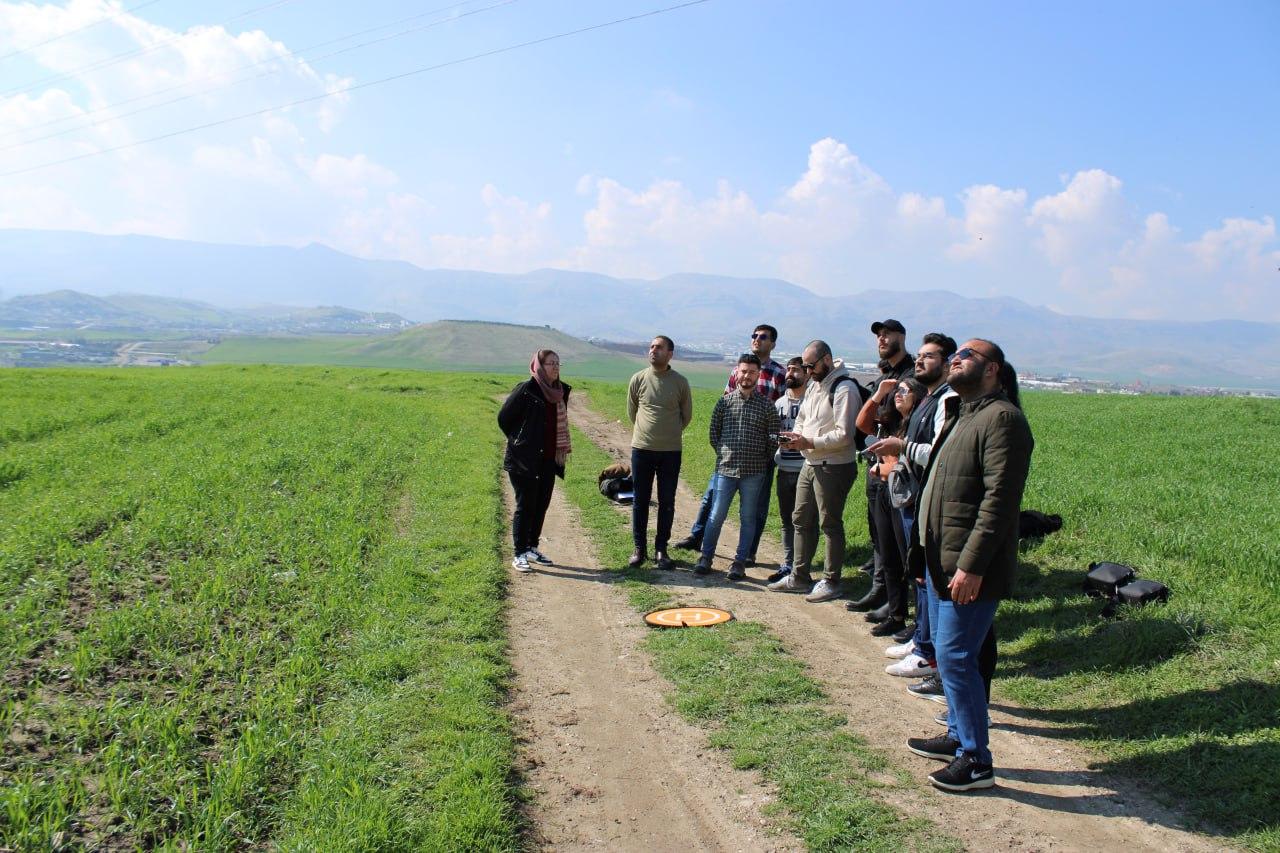Iraq Heritage
Sulaymaniyah
Sulaymaniyah is a city and directorate in northeastern Iraq and part of the Kurdistan Region. The city, which was founded in 1784, lies on the Tānjarō River and on the lower slopes of the Azmar Dāgh mountain range.
The modern Sulaymaniyah governorate roughly corresponds with the ancient kingdoms of Lullubi and Zamua centred on the Sharazor plain of the Zagros Mountains.
The Lullubi were a warlike group of tribes active in the second millennium bc. They were subjugated by the Akkadian king Naram-Sin, commemorated on the Naram-Sin stele but later regained their independence and were a source of unrest in the region almost to the end of Mesopotamian history. The first records of Assyrian incursions into the region, known as Lullume, date from the 19th century BC to the 12th century BCE. The next set of records begin with the Assyrian King Adad-Nirari II’s (912-891 BCE) incursions into Zamua. In 883 BC, Ashurnasirpal II entered the region and extracted tribute of precious metal and bronze artefacts, wine, cattle, horses and mules. The people of Zamua started to build a defensive wall across the present-day Bazian pass. But in 881 BCE, Ashurnasirpal entered the present-day Shahrazur valley, destroying three city-states and making Zamua a vassal kingdom.
By the 16th century AD the region centred around Sulaymaniyah was part of the Kurdish Baban principality. The principality retained its independence after the Battle of Chaldiran in 1514 when the Ottoman empire defeated the Safavid empire and annexed northern Iraq. The prince of Baban succeeded in forming an alliance with the Ottomans, providing security along the Iranian border.
In 1783, Ibrahim Pasha Baban became ruler and established Sulaimaniyah as the capital of the principality in 1784. Palaces for trade, bazaars, and public baths were built and people from the surrounding villages were invited to move to the newly established city. From its foundation the city was a centre for poets, writers, historians, politicians, scholars and singers.
Sulaymaniyah was the capital of the principality of Baban from 1784 to 1850, when the principality was defeated by a coalition of Ottoman forces and Kurdish tribes. The region was then annexed to the Ottoman Empire. Following the collapse of the Ottoman Empire, for a short period from 1922 to 1924, Sulaymaniyah was the capital of the Kingdom of Kurdistan, a short-lived unrecognized state.
Read the latest news from the project.
